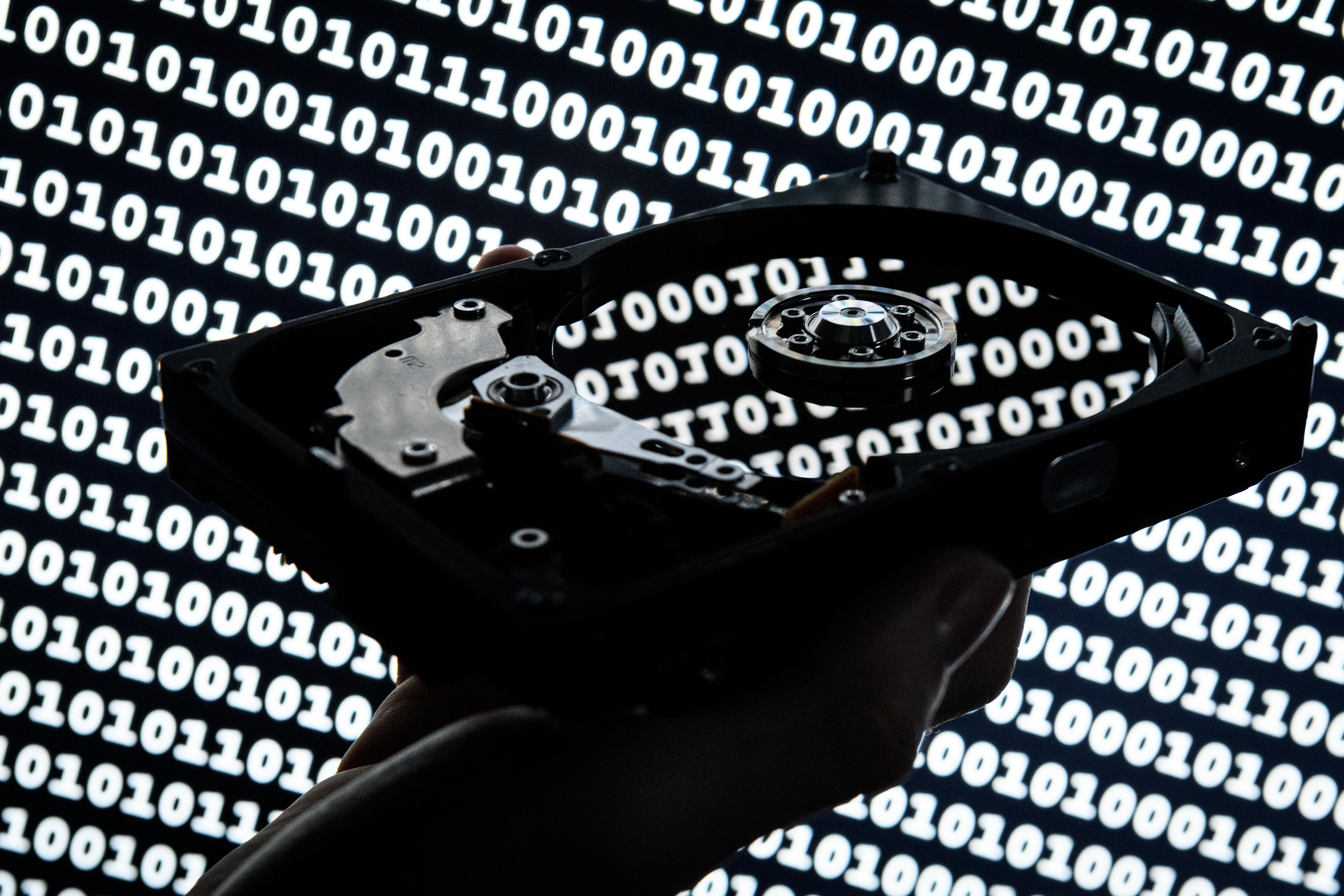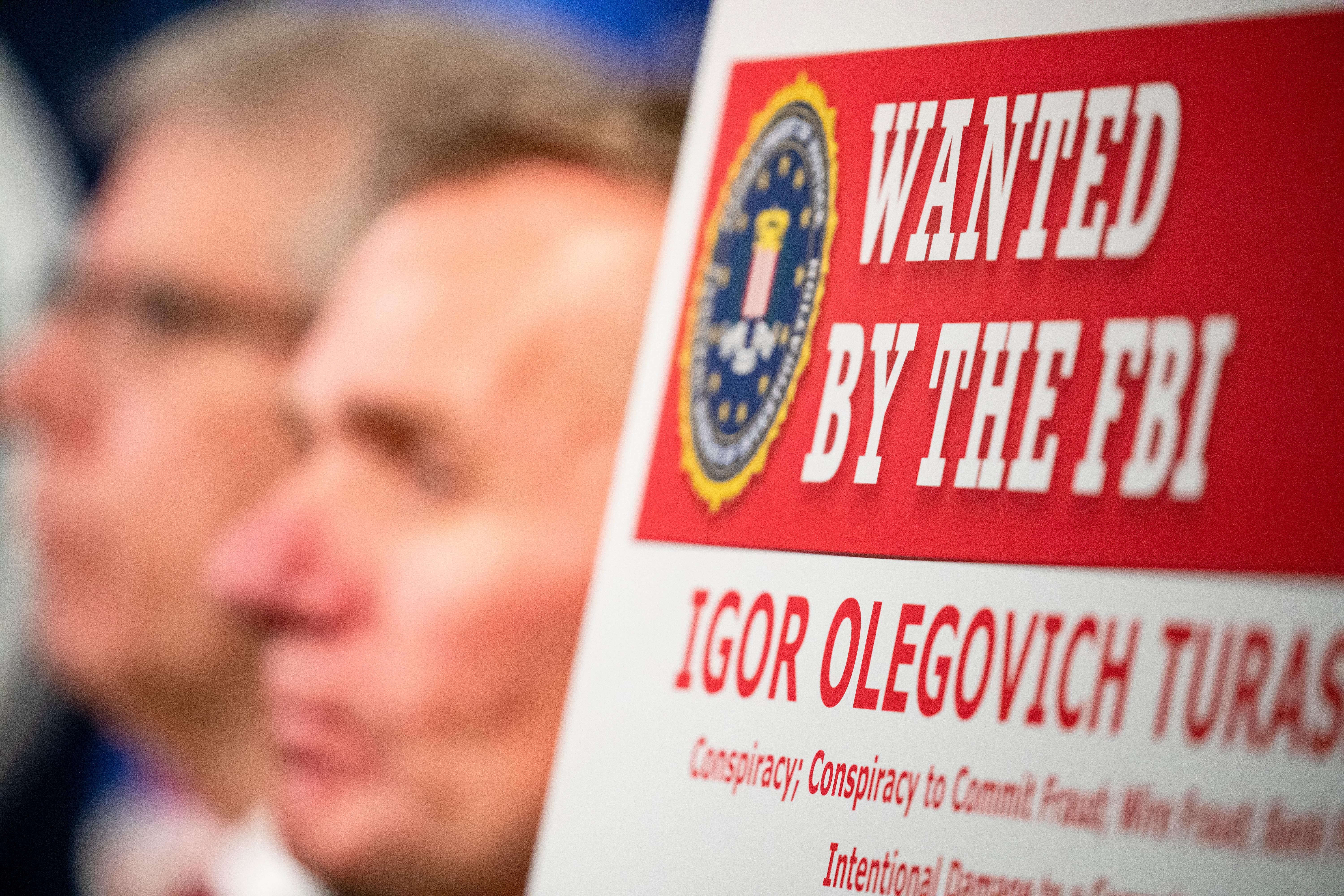HACK and IHAK: Choosing the Better Cybersecurity ETF
Cybersecurity is a pressing issue and a few ETFs cover it. Is HACK or IHAK a better ETF in the cybersecurity space?
Feb. 16 2021, Published 11:09 a.m. ET
More information online only leads to more opportunities for hackers to take advantage of it. Companies like SolarWinds—whose clientele has been exposed to multiple hacks in the last year—know this firsthand. Along with the hackers comes an entire industry dedicated to cybersecurity and ETFs are bundling it in baskets.
IHAK and HACK are two ETFs to choose from. Here's a rundown of both so you can choose which cybersecurity fund better suits your portfolio.
IHAK versus HACK: Which cybersecurity ETF is the best?
Two ETFs lead the pack in the cybersecurity arena. The first is the ETFMG Prime Cyber Security ETF (HACK), while the second is the iShares Cybersecurity and Tech ETF (IHAK).
HACK tracks the Prime Cyber Defense Index. At least 80 percent of HACK's total assets reflect this, while the rest of the assets are in ADRs and GDRs (global depository receipts).
IHAK tracks the Global Cybersecurity Index. At least 90 percent of IHAK's assets reflecting this, while the rest are in futures, options, swaps, cash, and cash equivalents.
IHAK holds a lower expense ratio of 0.47 percent (the HACK expense ratio is 0.60 percent). Meanwhile, IHAK also saw higher returns in the past 12 months
However, HACK holds $1.43 billion in net assets, which is substantially higher than the $56 million in IHAK. Both trade on the NYSE Arca and have similar geographical diversity.
Holdings in the HACK ETF
The top holdings in HACK are Cloudflare, Cisco Systems, and Splunk with 4.10 percent, 3.89 percent, and 3.78 percent, respectively. The other holdings include:
- Fortinent with 3.49 percent
- Qualys with 3.44 percent
- ETFMG Sit Ultra Short ETF (yes, an ETF in an ETF) with 3.33 percent
- Ping Identity Holding Corp. with 3.31 percent
- Akamai Technologies with 3.28 percent
- Tenable Holdings with 3.19 percent
- Palo Alto Networks with 3.03 percent

Holdings in the IHAK ETF
Despite some overlap, IHAK has different holdings with slightly less weight distribution. The top holdings in IHAK are DocuSign, Okta, and Fortinet with 7.60 percent, 5.84 percent, and 4.91 percent, respectively. The other holdings include:
- Citrix Systems with 4.81 percent
- Akamai Technologies with 4.55 percent
- Zscaler with 4.47 percent
- Booz Allen Hamilton Holding Corporation with 4.13 percent
- Trend Micro Incorporated with 4.10 percent
- CACI International with 3.88 percent
- Palo Alto Networks with 3.78 percent
Should investors buy the IHAK or HACK ETF?
Instead of investing in multiple cybersecurity ETFs, you can pick one and allocate the remainder of your funds in a different sector. Despite the fact that HACK is bigger and more well-known, IHAK shows greater potential for growth. Also, IHAK's 47.47 percent growth in the last year surpasses HACK's 37.91 percent leap.
HACK has been around a few years longer, but IHAK's development looks promising enough to buy. If there's one thing you can count on, it's hackers trying to get their unearned due. HACK—and especially IHAK in recent times—are following the capital of necessity. I'm more inclined toward IHAK for a splendid long-term hold.


